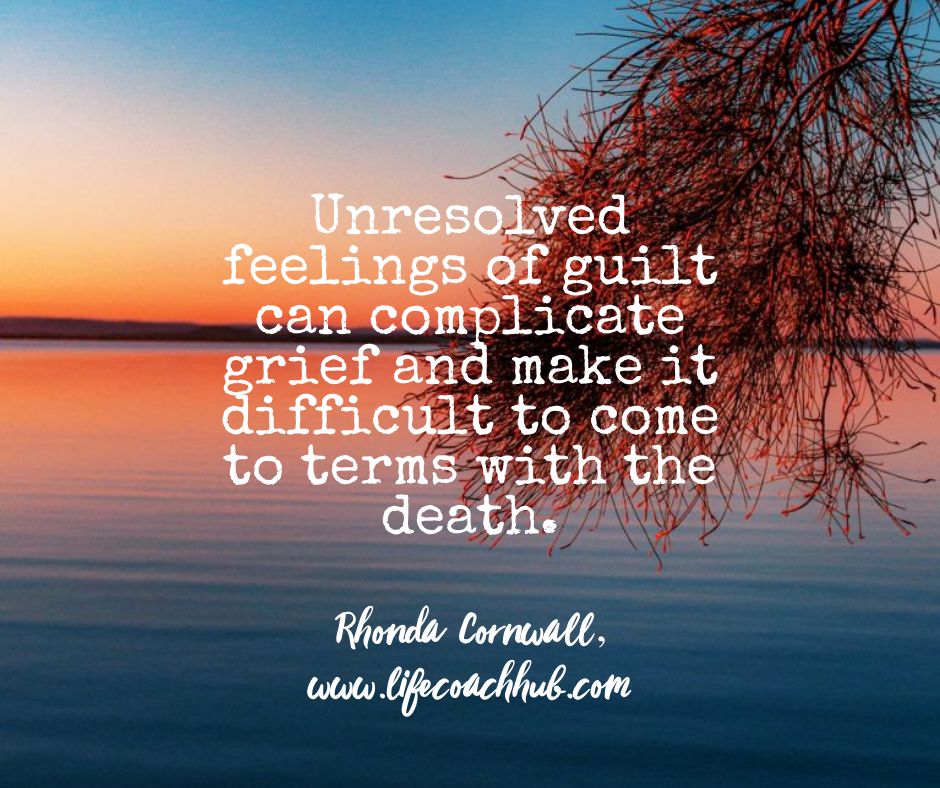
Mouring and Grief during COVID-19
In this life, grief and sorrow at the death of a loved is one thing that is certain when we love much. The depth of that grief and sorrow depends on how close we are to the one who has passed. While each person’s grief is unique, and the process of grieving is different for everyone, it is important that the grief we feel is expressed.
Traditional Ways a Loss is Mourned
For many families, after a death, family members and friends turn to one another for support, immediately gathering around the bereaved family after the passing of a loved one.
The act of crying together and sharing happy memories is a way to help to process and accept the loss. And when grief made it difficult to complete basic tasks, many people rallied around them, offering care, and meeting practical needs like cooking meals, helping with household chores or childcare. At this time, it is also common to have persons offer support with funeral planning or provide financial assistance.
Older folks share that when they were children, the entire community mourned alongside the bereaved, even if the deceased was unknown to them. The dead were highly respected, and it was not uncommon for parties and music to cease at the time of the funeral, allowing bereaved families to celebrate and honour the life of their loved one.
Changes Due to COVID-19
Under normal circumstances, people come together in similar ways which allow for closure and the transition of life without their loved one. But instead, people from all walks of life are experiencing the loss of loved ones without being able to say goodbye because of the COVID-19 pandemic. It is already a very difficult time for grieving families, but the inability to share in one another’s loss during the pandemic is leaving persons’ grieving alone and more isolated than ever. The usual outpouring of love and support is now limited to those in the immediate household who are themselves grieving.
Although, we know it helps to flatten the curve, social distancing and funeral guidelines governments have imposed as a preventative measure in the spread of COVID-19, is significantly impacting the way families and friends now mourn.
While governments recognise the importance for families to make funeral arrangements, strict guidelines must be followed. This includes attendance limited to members of the immediate household and close family members. That means families are now tasked with deciding who gets to attend the funeral. Please stop a moment and consider what this means for a community like ours: should “Aunt” May, who was like a dear mother to the deceased, get to attend instead of another close family member? This is a new reality for grieving families experiencing emotional distress. For those outside of the immediate family wishing to participate, live streaming is the only option available during this pandemic.
Possible Ways Grief Can Become Complicated
Due to these limitations, there is the possibility that the grieving process can become more complicated as one tries to come to terms with the loss. Kristin Bianchi, a licensed psychologist at the Center for Anxiety and Behavioral Change, shares that during this time “without this inperson support, and potentially quarantined alone at home, survivors can suffer even more than they would have in regular.
Family members may experience guilt or even disenfranchised grief as a result of not being able to fulfill the normal rituals or traditions. Disenfranchised grief can block healthy grieving as the feelings and emotions of grief and their intensity persist for a longer period of time.
Guilt may also be experienced if the bereaved was unable to be with their loved one at the time of death.
Unresolved feelings of guilt can complicate grief and make it difficult to come to terms with the death.
Tips to Cope With Mourning During COVID-19
Despite the challenges that this pandemic may pose to mourners, there are ways to ensure you care for yourself and methods you can take to honour your loved one.
Acknowledge the Reality of Current Times
First, acknowledge the reality of the new norm and those things that cannot be controlled. It is okay to be upset because of the restrictions and limitations but don’t stay in the state of pain and frustration because of them. Instead, embrace new ways to mark the passing of your loved one. Remember, it is okay to change, or adjust traditions or create new ones.
Practice Self Care
Take care of yourself. Grief can be overwhelming, making it difficult to do normal activities like eating, or exercising. Although it may take some effort, try to ensure you are maintaining your health by eating and sleeping. It is also okay to give your friends and family permission to help you in these areas.
Accept Help
Although the typical support is limited at this time, reach out and make use of those available.
Family and friends may not be able to visit in person, but can assist with errands and planning.
Allow others to make suggestions of how they may be able to support you.
Take Advantage of What is Allowed
Focus on what you can do during Shelter in Place and take advantage of these things. Such as hosting a virtual get together. Hosting a special online meeting with family and friends to reminisce can provide a way of processing grief.
Plan a Special Celebration at a Later Time
Keep in mind that once restrictions are lifted, and eventually they will, you can plan and invite family and friends to a special event to remember and celebrate your loved one.
Record Your Experiences
It can be very therapeutic to put on paper what you are feeling and thinking. Keep a special journal to record your memories and experiences. You may find it very helpful in years to come to be able to revisit these memories.
Seek the Support of a Professional
Know that you don’t have to go through your grief alone. If you find yourself isolated or struggling with coping with your grief, reach out to a mental health professional or a grief coach, they are trained to be able to assist you with coping with your grief. Many now offer online services.
Give Yourself Permission to Mourn
Losing someone you love can be a very difficult thing to go through. Experiencing a loss during COVID-19 pandemic can intensify the pain of loss, therefore, it is even more important for you to give yourself permission to grieve and mourn.
Author: Rhonda Cornwall, Certified Grief Coach, and owner Hope’s Dwelling





























COMMENTS